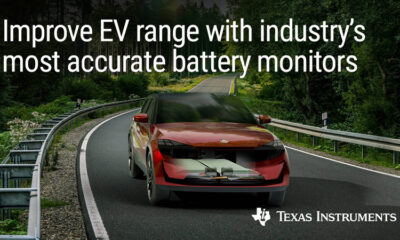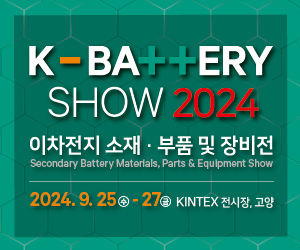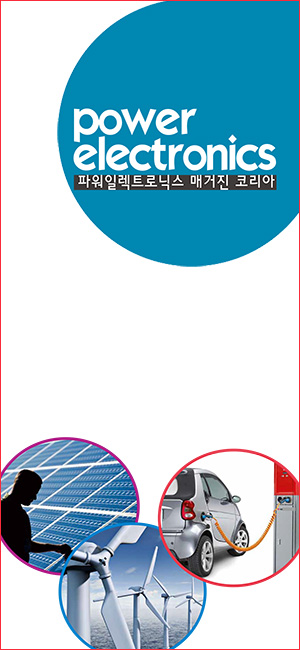EnglishNews
Intel’s Mobileye now testing autonomous car in New York
Mobileye, an Intel company, has added New York City to its rapidly expanding global autonomous vehicle (AV) testing program. The company’s entry into New York City – the largest city in North America and one of the world’s most challenging driving environments – demonstrates the vast capabilities of its AV technology and proves how its unique approach is enabling rapid geographic and economic scalability.
“Driving in complex urban areas such as New York City is a crucial step in vetting the capabilities of an autonomous system and moving the industry closer to commercial readiness,” said Professor Amnon Shashua, senior vice president of Intel and president and CEO of Mobileye.
As seen in the video below, Mobileye’s camera-only subsystem AV is now successfully driving through New York City, on highly congested streets replete with pedestrians, bicyclists, aggressive drivers, double-parked vehicles, construction zones, emergency vehicles, tunnels and bridges, and so forth. Mobileye’s True Redundancy™ approach first “doubles down” on the computer-vision subsystem before adding a lidar/radar subsystem for redundancy.
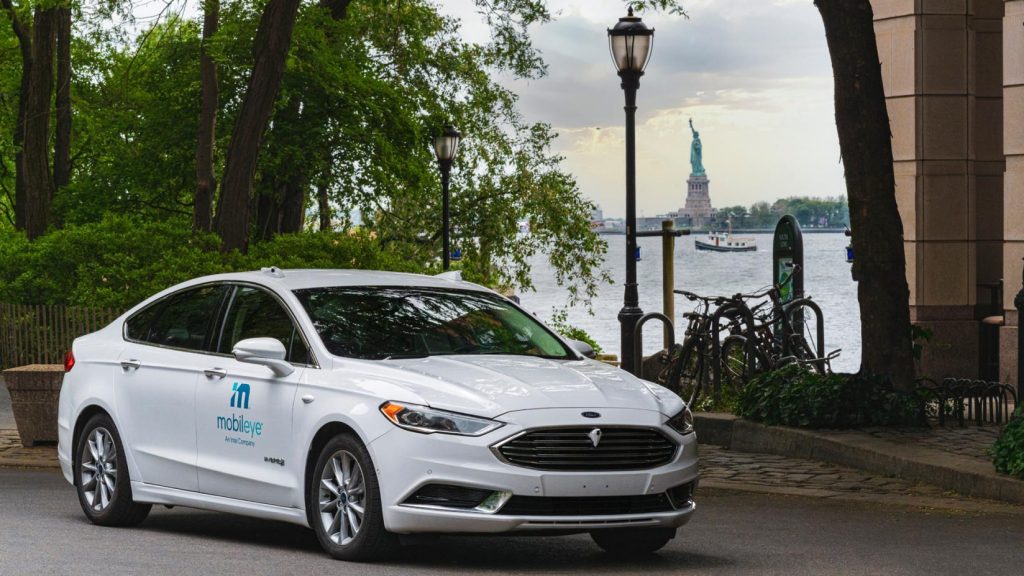
State permit in hand, Mobileye AVs are getting advanced driving experience across New York City’s congested streets. 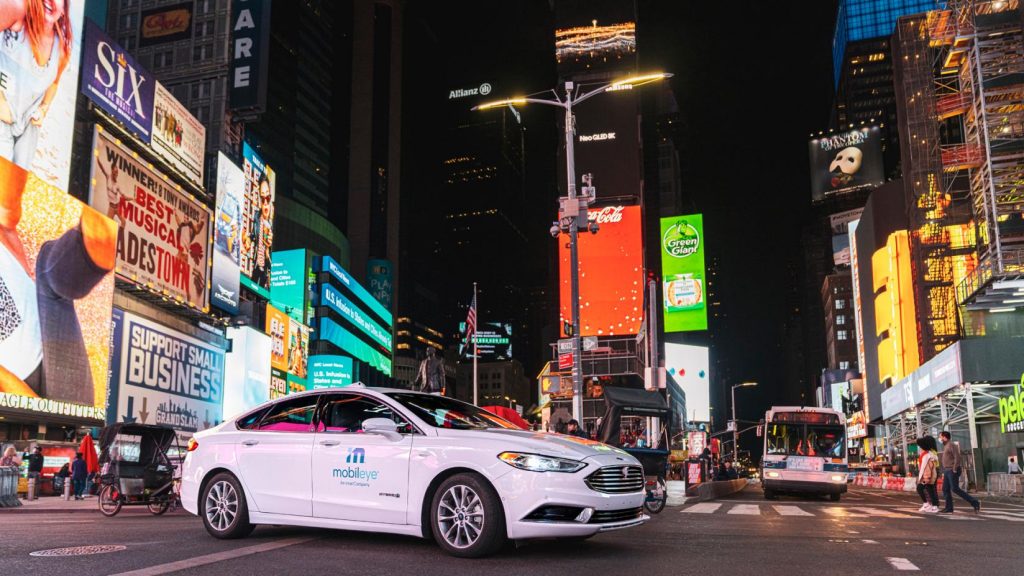
State permit in hand, Mobileye AVs are getting advanced driving experience across New York City’s congested streets. 
State permit in hand, Mobileye AVs are getting advanced driving experience across New York City’s congested streets.
Recently Mobileye applied for and received a New York AV testing permit to drive AVs on New York City streets. Mobileye is the only company currently holding an AV testing permit. During both day and nighttime driving, Mobileye’s AV is getting an advanced AV testing experience. Seven things stand out in particular:
Pedestrians: Jaywalking is common in many cities, but in New York City it is particularly rampant, and is coupled with a high number of pedestrians. An AV must make assumptions about the behavior of those pedestrians and factor those assumptions into its driving policy. Humans do this instinctively; machines must be programmed for it.
Driving behavior: When streets are clogged, drivers become impatient and aggressive. New York City drivers – especially cabbies and other professionals – are much more assertive than drivers in other cities.
Traffic density and road user diversity: Although car ownership in New York City is low compared with other large U.S. cities, the number and variety of road users is especially dense. New York City has more than its share of cabs and limousines, buses, trucks, food carts, horse-drawn carriages, emergency vehicles, bicycles, scooters, skateboards – you name it.
Double-parking: Who’s parked and who’s not? The question is easier for a human to answer than a machine, and New York City’s population density contributes to a high number of delivery vehicles that must stop to unload. As a result, double-parking is ubiquitous. AVs struggle with this, although the video shows Mobileye’s AVs taking clues from other road users to decide when to maneuver around.
Construction: New York City is one big construction zone, and Mobileye knows this thanks to all the data saved in its always-updating AV maps. While competitors rely on either their own test cars to build maps or spend millions of dollars driving special mapping vehicles, Mobileye receives data about blocked or closed lanes from cars already on the road (data it can and does license back to municipal services, too).
Tunnels and bridges: The island of Manhattan is connected to the surrounding areas via 15 tunnels and 21 bridges, many of which contain narrow lanes framed with bollards or cones – the Achilles heel of many an AV. In the face of all that traffic “furniture” and even multilevel roads, Mobileye’s crowd-source mapping technology and its well-trained sensing system understands all of this and handles it beautifully.
This city really never sleeps (the lights!): Though Paris gets the “city of lights” moniker, Manhattan is electrified at night. The visual noise and light pollution is daunting to an AV’s sensing system. Mobileye AVs handle it easily with only a bit of algorithm tuning.
EnglishNews
ABB E-mobility simplifies payment of electric vehicle charging with Vourity acquisition
ABB E-mobility has enhanced its customer offering with the acquisition of Vourity, a Swedish start-up with award-winning cloud-based technology for payment of EV charging
Swedish fintech start-up’s technology simplifies payment at electric vehicle charging stations

Delivering easy-to-use and seamless payment options for consumers is one of the most critical components in accelerating the adoption of electric vehicles (EV). ABB E-mobility has enhanced its customer offering with the acquisition of Vourity, a Swedish start-up with award-winning cloud-based technology for payment of EV charging.
Vourity’s technology simplifies the driver’s life at the charging station, eliminating the need for numerous phone apps or payment tags. Its technology enables rapid, secure payment for EV charging, using a wide variety of payment options including credit cards, mobile pay and RFID tags. Vourity’s cloud-based solution can be operated through a pay station or directly integrated into the charging station.
“What impressed us most about Vourity’s technology is just how simple and easy it is to use and that’s what we aspire to in our systems, so it’s a perfect strategic fit for ABB E-mobility,” said Daniel Alarcon-Rubio, Chief Digital Officer at ABB E-mobility. “The addition of both the people and the technology from Vourity will strongly enhance and accelerate the development of our own systems and enable us to better serve our customers.”
“Our aim with Vourity has always been to deliver a seamless customer experience at the point of payment. As we evolve from the start-up phase into full commercialization, we are confident that as part of ABB E-mobility we will be able to ramp up our ability to deliver that experience at scale while continuing to develop and improve our technology,” said Hans Nottehed, co-founder and CEO of Vourity.
The addition of Vourity brings a key element to ABB E-mobility’s technology stack, allowing it to integrate seamless payment systems into its customer offering. The acquisition will also bring important technical expertise to ABB E-mobility, with Vourity’s team of Android and fintech experts to play an important role in developing the key payments area of EV charging.
EnglishNews
Continental, German Production Sites in Mobile Fluid Systems Area to be Transformed
Between now and late 2025, Continental will reorganize its German hose sites in Waltershausen, Korbach, and Northeim as well as the Oedelsheim/Hann. Münden production network. In this way, Continental will rigorously align the Mobile Fluid Systems (MFS) business area with the requirements of the automobile and commercial vehicle market, which has been undergoing constant change for several years, while at the same time securing its German production facilities as innovation drivers for the business area. “As a development partner and original equipment manufacturer to the automotive industry, we want to use our material and process expertise in such a way that the business area for automotive hoses and lines is ready to face future competition in the field of e-mobility for cars and trucks,” says Philip Nelles, a member of the Continental Board and head of the ContiTech group sector.
The transformation has accelerated enormously due to the current overall economic and political situation. In addition to overcapacities for rubber hoses for combustion engines, another reason for the reorganization is the high cost pressure and the associated need to secure the competitiveness of its hose business. At the same time, new growth opportunities are appearing. For example, battery and fuel cell vehicles require innovative solutions for hose components and complex line systems for thermal management. “In the future, we want to concentrate on these promising applications,” Nelles says.
Strengthening core skills
Within the business area, Continental researches, develops and produces lines, hoses, and clutches at more than 30 locations worldwide for manufacturers of electric, hybrid and combustion vehicles, as well as trucks and busses. Among other things, its products are deployed for thermal management and emissions reduction.
“Germany is perfectly suited as a location at which innovative products for a changing market can be both developed at our research centers and sent for production nearby,” Nelles adds.
In the coming years, the Waltershausen, Korbach and Oedelsheim sites will be developed into centers of excellence for the manufacture of hose connection applications for the auto and commercial-vehicle industry.
Best possible support for employees
Up to 870 jobs in the MFS business area are expected to be impacted by the realignment. In cooperation with worker representatives, Continental is trying to find individual solutions on the internal and external labor market for employees at affected locations. Internally, Continental is very conscious of enabling as many affected employees as possible to move to other areas within the company.
The in-house Institute for Technology and Transformation (CITT) is offering employees tailored courses, seminars and training for targeted qualification. Continental is also working with other companies in the regions around the impacted sites to support employees in searching for new jobs.
The planned reorganization of the Mobile Fluid Systems business area followed talks with worker representatives with the aim of providing perspectives for the relevant locations.
Continental is already investing in the remaining sites in a targeted manner to give them the best possible foundation and capitalize on the growth potential presented by products and applications for other promising industrial sectors.
Information on the measures decided for the different sites
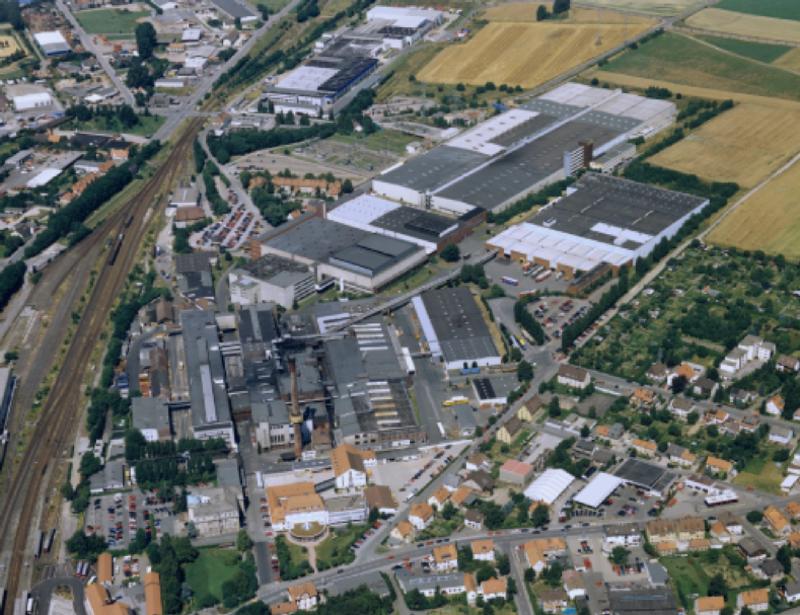
Korbach: Approximately 3,300 people are currently employed at the Korbach site. In addition to a tire plant, three other ContiTech business areas, including MFS, are also located there. The business area is working to further expand expertise in the processing of rubber piece goods. Close ties with the MFS research centers also enhance the business area’s innovativeness. At the Korbach site, Continental is diversifying its product portfolio for applications in various industries, for instance for pump manufacturers. To strengthen its industrial hose business, the company plans to invest EUR 4.5 million in Korbach. Bundled expertise in materials is clearly upgrading the location in the German state of Hesse.

Waltershausen: Waltershausen is what is known as a “zebra location” of the Continental Group. A total of about 1,000 employees produce there for three ContiTech business areas. Among other things, they manufacture rubber compounds, printing blankets for the print industry, manifolds, and air-conditioning hose lines, as well as plastic hoses for the automotive industry. Since 2018, Continental has invested some EUR 8.3 million in Waltershausen. Firstly, approximately EUR 4.3 million was invested in modern mixing technology and additional storage capacity at the site. Approximately EUR 4 million more has been spent on plastic manufacture alone since 2018. Due to the existing expertise, Waltershausen’s role as a center of excellence for plastics processing is being enhanced significantly. As part of the reorganization, air-conditioning hose production will be moved away from Waltershausen. This is expected to affect up to 190 jobs at the site by the end of 2025. At the same time, initial and continuing staff training will continue to be an important building block for the development of the site, which boasts attractive and demanding jobs.

Oedelsheim/Hann. Münden: The previous production network spread across sites 25 kilometers apart is to be merged in Oedelsheim. The sites currently employ a total of about 750 people. Continental will expand the remaining sites in such a way that a significant proportion of the jobs in Hann. Münden can be transferred. Whereas the Oedelsheim site will be underpinned and grow by focusing on silicon manufacture and charge air hoses, the closure of production operations in Hann. Münden will affect a total of about 300-350 of the approximately 560 jobs.

Northeim: In Northeim, more than 1,650 employees currently produce at four ContiTech business areas, including MFS. According to the plans, the manufacture of auto hoses will be phased out by late 2024 due to the technological transformation of the automotive industry. More than 300 jobs are expected to be impacted by the move. The production of conveyor belt systems, elastomer coatings and precision seals as well as molded parts for brakes, steering and axles will remain in Northeim. Approximately 1,350 people will be employed at the site after the measures announced today have been implemented.
In a next step, Continental plans to start a dialog with the respective local employee representatives on the basis of the Framework Social Plan that was approved in March 2022.
-

 Products1년 ago
Products1년 ago에머슨, 수소 연료 전지 수명 연장과 효율 극대화 제공
-
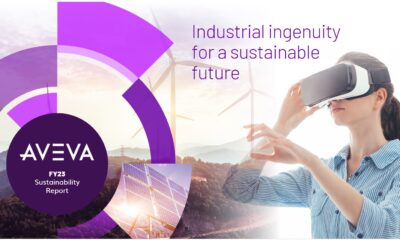
 News7개월 ago
News7개월 ago아비바, ESG 목표 조기 달성, 직간접배출량 93% 감축
-

 News10개월 ago
News10개월 ago현대자동차∙기아 커넥티드 카 서비스 글로벌 가입자 1,000만 명 돌파
-

 News9개월 ago
News9개월 ago현대오토에버, 2023 지속가능경영 보고서 발간
-

 News10개월 ago
News10개월 ago기아, 전기차 배터리 구독 서비스 실증을 위한 MOU 체결
-

 Products9개월 ago
Products9개월 agoST마이크로, 탁월한 안전성 및 신뢰성 지원 GaN 드라이버 출시
-

 News7개월 ago
News7개월 ago스마트카미래포럼, 9월 14일 ‘2023 Future Mobility Forum’ 개최
-

 Global5개월 ago
Global5개월 ago지멘스 모빌리티, 슬로바키아 기술 기업 HMH 인수










